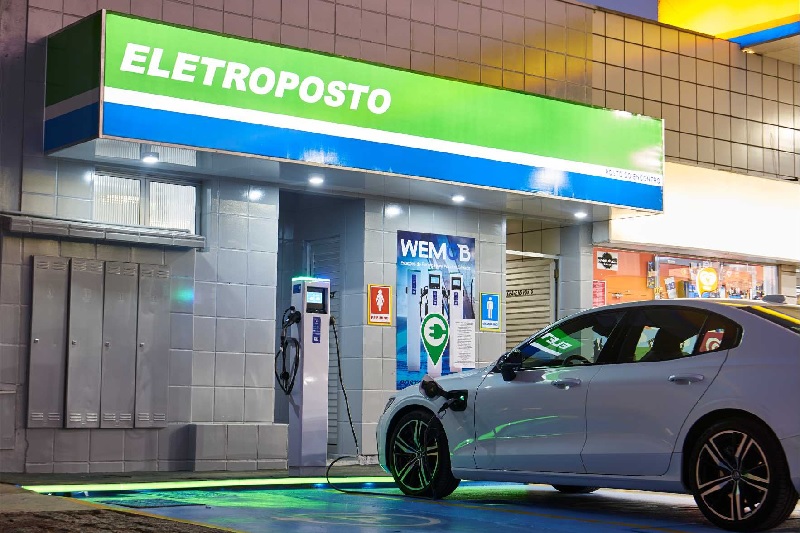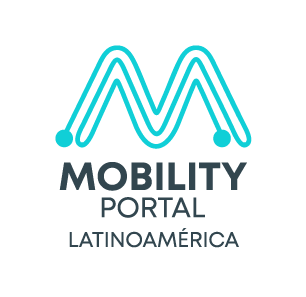Electric cars are increasingly in demand and are already circulating in cities, but there are still states that do not have charging stations to subsidise the need for vehicle propulsion, as reported on official websites. They are:
- Roraima;
- Rondônia;
- Acre;
- Tocantins;
- Amapá;
- Maranhão;
- Para;
- Amazonas;
- Sergipe;
- Mato Grosso do Sul.
This information refers to public refuelling points and, therefore, it is considered a structure of its own, such as private refuelling kits, or construction stations also placed by private initiative.
Currently, Brazil has around 1,250 public charging stations. Of these, 47% are concentrated in the state of São Paulo, which demonstrates the deficiency that the northern states still have in terms of electrification of their fleets.
The issue of the subsidy structure for electricity supply is among the main reasons for the delay in the popularisation of this mode of transport.
And, as can be seen from data provided by ANFAVEA (National Association of Motor Vehicle Manufacturers), it is more likely to become widespread first in the central-southern region of Brazil.
The agency’s estimate is that, by 2035, around 3 million electric cars will be in circulation in the country. For these, charging stations, public and/or private, will be necessary.
After all, the trend is impossible to stop and, mainly due to the events of rising fuel prices, the proliferation of electric cars is almost certain.
How to find charging stations?
Technology has come to the aid of those travelling in Brazil who are worried about not finding charging points to charge their electric vehicles.
Mobile apps are now available that map the electricity stations themselves to power the cars.
These apps have been a real solution to finding these charging points. This is because there is no comprehensive data on where these stations are located.
In fact, this may have influenced the figures released on the number of locations mentioned above, which is information distributed by the Brazilian Association of Electric Vehicles (ABVE).
The agency itself makes it clear that it is possible that this information is outdated and that charging points certainly exist in these states. However, they may be exclusively in the private sector.
For those who are on the road and need this support, the apps are, in short, a «hand at the wheel». They have been powered exclusively by the use of the users themselves, as it works with Waze, for example.
Therefore, it is always worth spreading the word about new places you find. I’m sure this will help any companions who also use the electric car to get around.





















